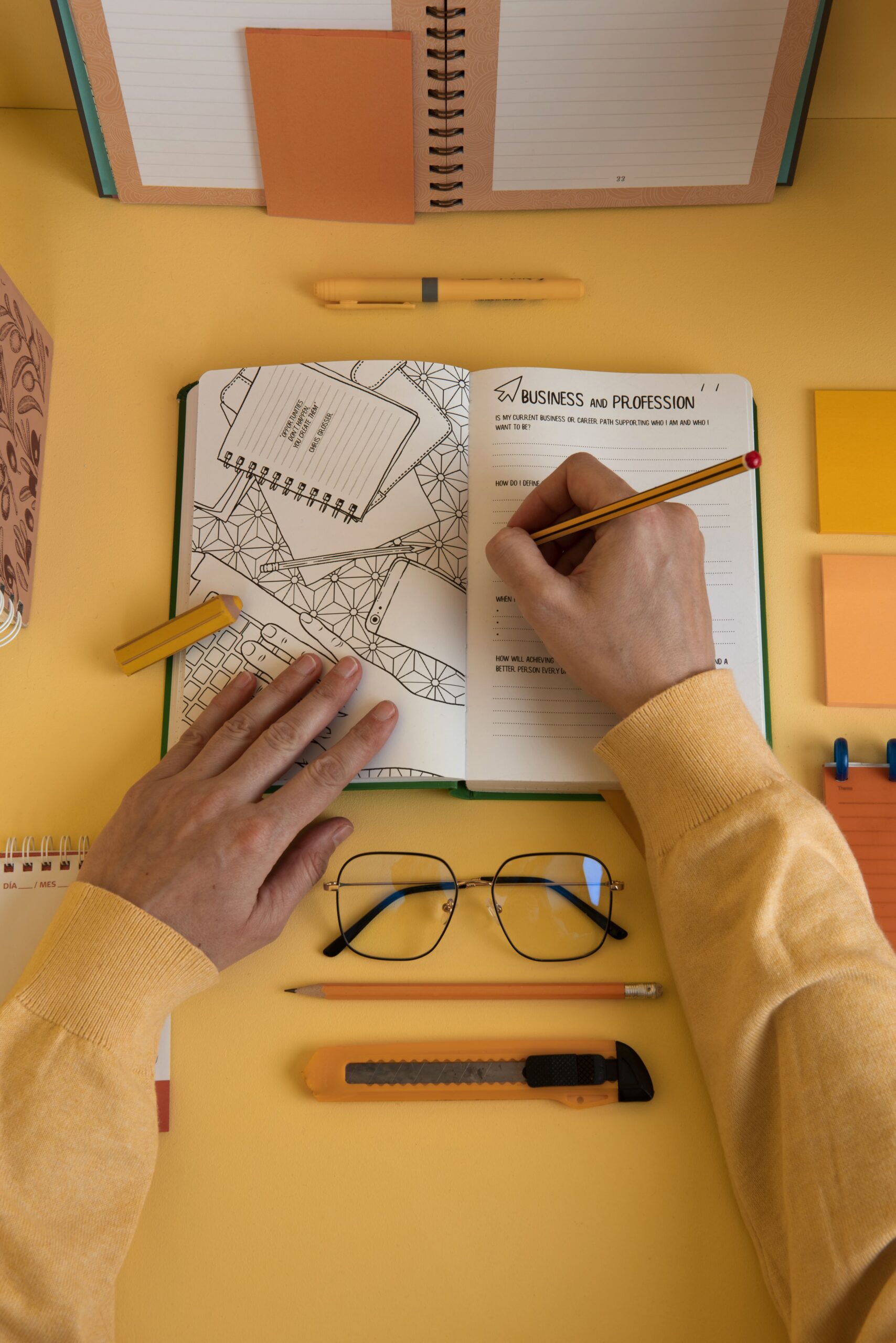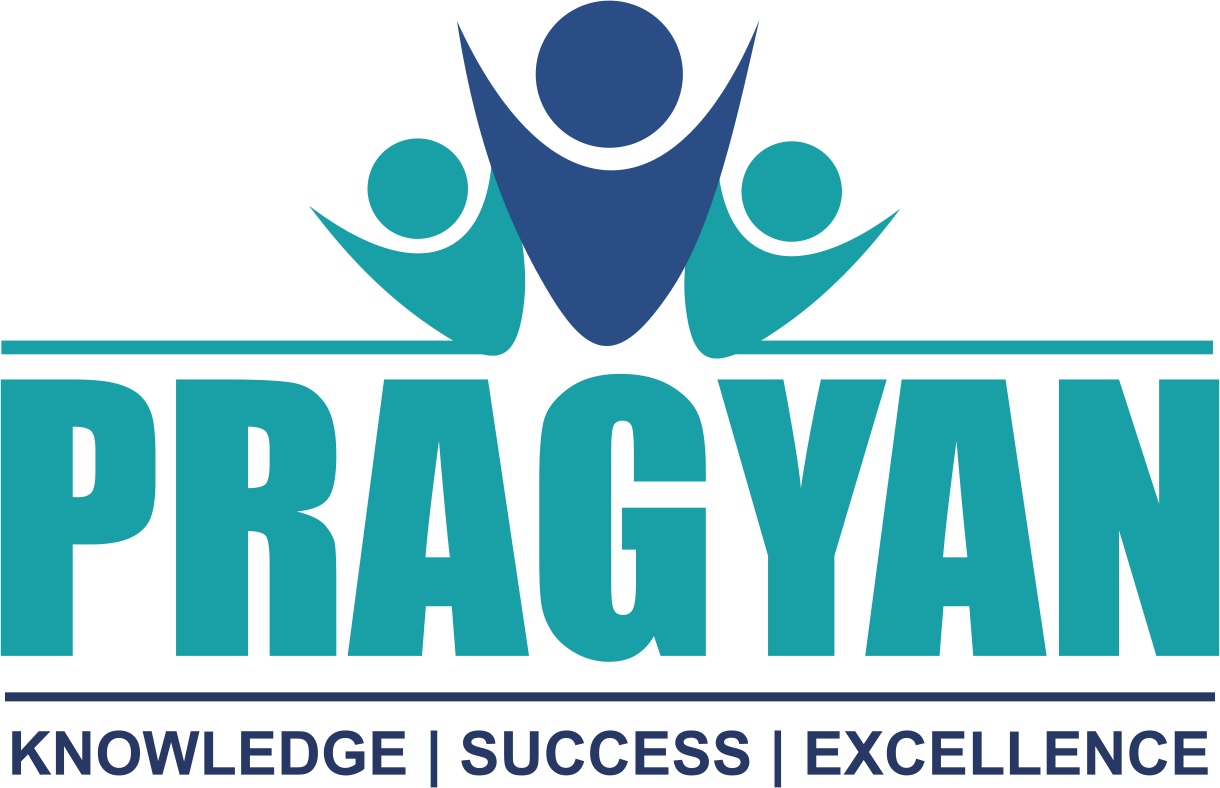NTT NPTT D.Ed Syllabus
DETAILED SYLLABUS – YR.1
Lesson – 1 – Education – Aims & Functions
- Meaning of Education – introduction, derivative, similar meaning, Indian & Western, Narrow & Broader Meaning
- Nature & Functions of Education
- Agencies of Education – School, Society & Home
Lesson – 2 – Education & Philosophy
- Meaning of Philosophy
- Relationship between Education & Philosophy
Lesson – 3 – Curriculum
- Meaning
- Basis & Principles
- Steps in Curriculum Development
Lesson – 4 – Western Philosophies of Education
- Pragmatism
- Naturalism
- Idealism
Lesson – 5 – Education & Society
- Education for Social Change – factors, role of education in bringing social change, barriers in bringing Social change
Lesson – 6 – Education & National Development
- Education for Democracy, Environmental Conservation
Lesson – 1 – Educational Psychology
- Meaning of education
- Meaning of Psychology
- Meaning of Educational Psychology
- Scope of Educational Psychology
- Utility of educational psychology
Utility of educational psychology
- Meaning of Growth & Development
- Relationship & Differences between Growth & Development
- Principles of Growth & Development
Lesson – 3 – Heredity & Environment
- Meaning of Heredity & Environment
- Laws of heredity
- Importance of Heredity & Environment
Lesson – 4- Learning
- Meaning & Characteristics of Learning
- Domains of Learning
- Theories of learning – ( trial & error)
Lesson – 6 – Factors Affecting Learning
- Intelligence – Meaning, nature, theories (Spearman’s 2 factor theory & Thorndike’s Multifactor Theory) Intelligence – Meaning, nature, theories (Spearman’s 2 factor theory & Thorndike’s Multifactor Theory)
- Memory & Forgetting – Meaning, ways to enhance memory, causes of forgetting & ways to reduce Forgetting
- Creativity – Meaning, characteristics of creative child, ways to improve creativity
Lesson – 7 – Personality
- Meaning & Types
Lesson – 8 – Group Dynamics
Lesson – 1 – Educational Technology
- Meaning & Scope
- Steps of Educational Technology
Lesson – 2 – Nature of Teaching – Learning
- Concept of Teaching & Learning
- Relation between Teaching & Learning
- Principles of Good Teaching
- Variables of Teaching – Learning
- Levels of Teaching
- Phases of Teaching
- Maxims of Teaching
Lesson – 3 – Communication
- Meaning of Communication and Classroom Communication
- Barriers in Classroom Communication
Lesson – 4 – Teaching Strategies and Teaching Skills
- Teaching Skills – Explaining, Questioning/ Answering, Probing Questions, Stimulus Variation, Reinforcement, Narration, Presentation Skills, Feedback
- Micro – Teaching, Simulated Teaching
- Lesson Planning (Practical work)
Lesson – 5 – Innovations in teaching – Learning
- System Approach
Lesson – 6 – Evaluation
- Meaning & Concept
- Types of evaluation techniques
- Montessori – Play Way Learning – Meaning & importance
- Kumon – Mastery Level Learning – Meaning & Importance
- Reggio – Scientific Inquiry level Learning – Meaning & importance
Introduction to 3 distinct theories and developing study material according to these methodologies
Kindergarten (Nursery & K.G level) art & craft work
- Alphabet Story & Pictures
- Qrigamy Compositions
- Printing
- Shape Compositions
- Board Decoration Ideas
- Recycle projects
- Paper Craft – instant machie, mask, rolling, decoupage, collage etc
- Creative Craft – mix media craft ( traditional and contemporary)
- Festival Craft
- Theme based Teaching Learning material resourcing
- Value Added Classes ( craft by students for students)
- Food Craft
- Clay work
Practice Teaching for 1 month in School carries 100 Points. ( 20 macro lesson plans to be conducted in school)

DETAILED SYLLABUS Yr. 2
Lesson – 1- Language
- Nature & Features of Language
- Aims and Objectives of Teaching English
- Importance & functions of language
- Principles of Language
Lesson – 2 – Developing Language Skills
- Listening & Speaking
- Reading & Writing
- Steps to improve Pronunciation
Lesson – 3 – Methods of Teaching
- Difference between Method & Approach
- Direct Method & Translation method
- Bi – lingual method
Lesson – 4 – Approaches to teach language
- Co – operative learning
- Constructive Learning
- Communicative Learning
Lesson – 5 – Teaching of Prose, Poetry, Composition & grammar
Lesson – 6 – Co – curricular activities
Lesson – 7 – Pedagogical Analysis
1. Macro lesson plan
Lesson – 8 – Remedial Teaching
Lesson – 9 – Language Laboratory
Lesson – 10- Evaluation
Lesson – 1 – Concept of Social Science
- Meaning, Scope & Importance
- Aims & Objectives
- Bloom’s Taxonomy of objectives
- Writing objectives in behavioral Terms
Lesson – 2 – Methods of Teaching
- Project Method
- Lecture cum discussion method
- Assignment method
- Story telling method
Lesson – 3 – Skills of Teaching
- Skills of Introduction
- Skills of explaining
- Skills of questioning
- Skills of illustrations
- Skills of stimulus variation
Lesson – 4 – Development and utilization of community resources
- Development of instructional material
- Use of resources
- Designing of social science lab
Lesson – 5 – Development & utilization of instructional aids
- Charts
- Models
- Maps
- Film strips
- T.V.
Lesson – 6 – Text books
- Importance of text books
- Qualities of good text books
Lesson – 7 – Pedagogical Analysis – text books to refer
- One lesson from history class 5
- One lesson from civic class 5
- One lesson from geography class 5
Lesson – 8 – Evaluation
Lesson – 1 – Concept of Mathematics
- Aims & Objectives of teaching mathematics
- Writing objectives in behavioral terms
Lesson – 2 – Methods of Teaching
- Project Method
- Lecture cum discussion method
- Problem Solving method
- Analytic – Synthetic method
Lesson – 3 – Techniques of Teaching
- Written work
- Oral work
- Drill
- Home assignment
- Brain storming
Lesson – 4 – Learning Resources
- Importance of mathematical club
- Recreational activities
a) Fairs
b) Quizes
c) Games
d) Puzzles
Lesson – 5 – Pedagogical Analysis
- Meaning & Procedure
- Contents
a) Comparing numbers
b) Value system
c) 4 operations
Lesson – 6- Evaluation
- Display charts
- Theme posters
- Internet Research projects (10)
- Decoration ideas
- Fabric Painting
- Preparing teaching resources ( theme based projects)
- Drama & Short plays
- Script writing
- Story writing
